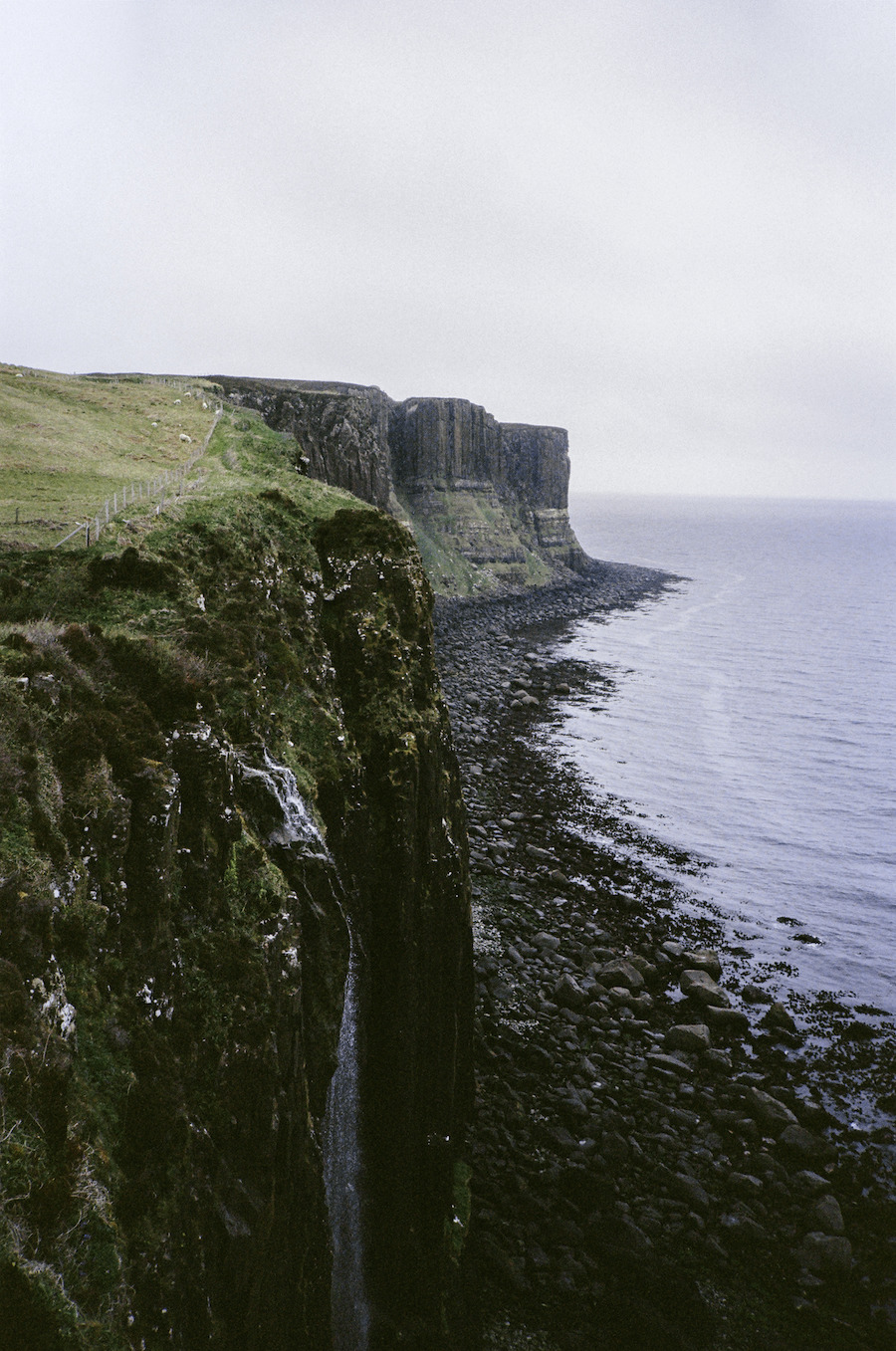Connor Franta on Intimate New Book ‘House Fires’
The author and content creator speaks about the inspirations and the intersectionality of his new work.

Whether it be bonding with followers online or spotlighting LGBTQ+ issues, Connor Franta has proven his unrivaled knack in connecting with a multitude of audiences and mediums. Having first risen to stardom across social media platforms in the early 2010s, Franta has since been trying his hand as an author and poet, releasing his debut memoir A Work In Progress in 2015. Since, Franta’s personal storytelling and intimate tales have catapulted the 29-year-old to the top of the New York Times Best Sellers List all while he navigates the ins and outs of his complex realities.

For House Fires — Franta’s most recent collection of poems, essays, and images — Franta taps into a series of topics like depression, relationships, and sexuality. Inviting readers into his most inner thoughts, Franta confronts the whirlwind realities of balancing his past memories, complicated present, and exhilarating prospects.
Below, V talks with the entrepeneur, activist, and content creator on the ins and outs of his newly released House Fires.

V: Your new book, House Fires, explores the complexity of adulthood. Can you describe the themes and feelings that you delve into?
Connor Franta: It’s littered with odyssey into socially taboo topics such as religion, death, sexuality, identity, purpose. People often hesitate to question or challenge them, which to me, makes them all the more fascinating.
V: Your second book, Note to Self, was released about five years ago. At what point did you realize you had more to share and that you were ready for another book? What inspired you?
CF: Honestly, after releasing my last book, I found it difficult to just halt that creative process so suddenly. I’d become attached, and almost dependent, on the expression. So I never stopped.


V: In this new book you include writing, poetry, and film photography. Can you describe your creative process?
CF: I find all the mediums complement one another, and they make the reader’s experience more visceral. The poetry ignites a narrative, which is brought to life in a photograph.
V: Following up on your creative process, how do you decide to write versus photograph something? How do these experiences differ for you?
CF: They say “a picture is worth a thousand words” for a reason. Certain moments can be so inexplicably singular that I’d almost rather show you than attempt to tell you and fail miserably.
V: Who are your main influences right now? Creatively and or personally?
CF: I’m obsessed with directors like Barry Jenkins, Sean Baker, Ari Aster. Or musicians like Little Simz, Clairo, Aminé. They all have me hooked for a multitude of reasons.
V: What are you most excited about in House Fires that is maybe different from what you shared in A Work in Progress and Note to Self?
CF: The main criticism I received from my last two books was that the reader could tell I was holding back at times, and the writing suffered from my resistance. For HOUSE FIRES, I decided to let all my blood pool on the page. I hope people like the color red.
V: In House Fires you ruminate upon the possibilities and potential that “tomorrow,” or the future, holds. What can we expect from you or your work “tomorrow,” or in the future?
CF: The dedication of the book is “Words for Your Future,” and I wrote that with irony. I’ve actively decided to be more present for today and worry less about tomorrow. We’ll just have to wait and see.
Discover More
